Located at the juncture of two important railway lines in the northwestern corner of Anhui province, the dusty and rusty city of Bozhou is the capital of the Chinese medicinal herb industry.
The city of approximately three million people is centered around a massive 85-acre market, where some 6,000 traders come from every corner of southeast Asia to ply the ingredients of traditional Chinese medicine.
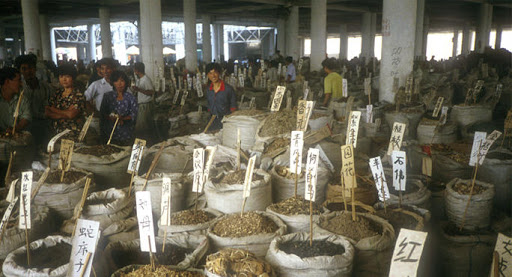
At the heart of the market is a multi-level structure holding seemingly endless aisles of vendors hawking curious, and aromatic, and sometimes downright stomach-churning remedies.
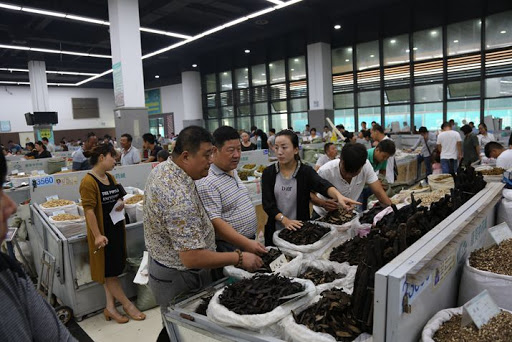
Here you can find barrels of dried human placentas (for fainting sickness), dried three-inch stag beetles (for increased metabolism), dried flying lizards (also for metabolism), cockroaches (a topical anesthetic), pearls (for influenza), pencil-sized millipedes bundled up and bound together in clumps (for a host of sicknesses), snakes (for arthritis), and a dozen different kinds of ants (for pretty much whatever ails you).
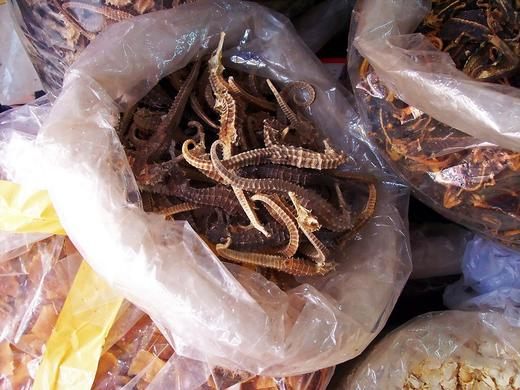
Around every corner, there are hemp sacks overflowing with scorpions, seahorses, turtle shells, antlers, and every kind of root and flower imaginable.
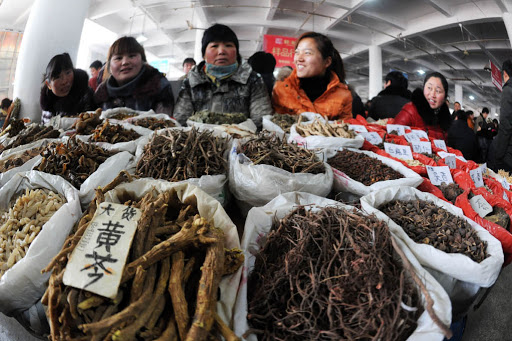
Though the Bozhou herb market feels timeless — and there has indeed been an herbal market on the site for centuries — the market has recently undergone a boom as Westerners have increasingly adopted elements of traditional Chinese medicine. Today, the downtown is ringed with pharmaceutical factories, and hotels for visiting traders.
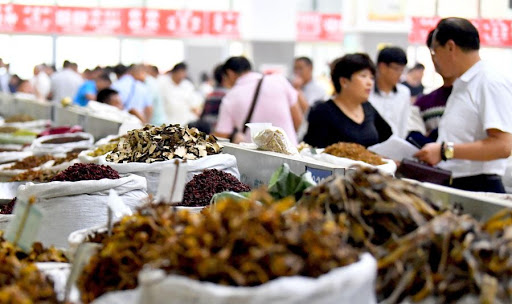
According to atlasobscura


.PNG)









